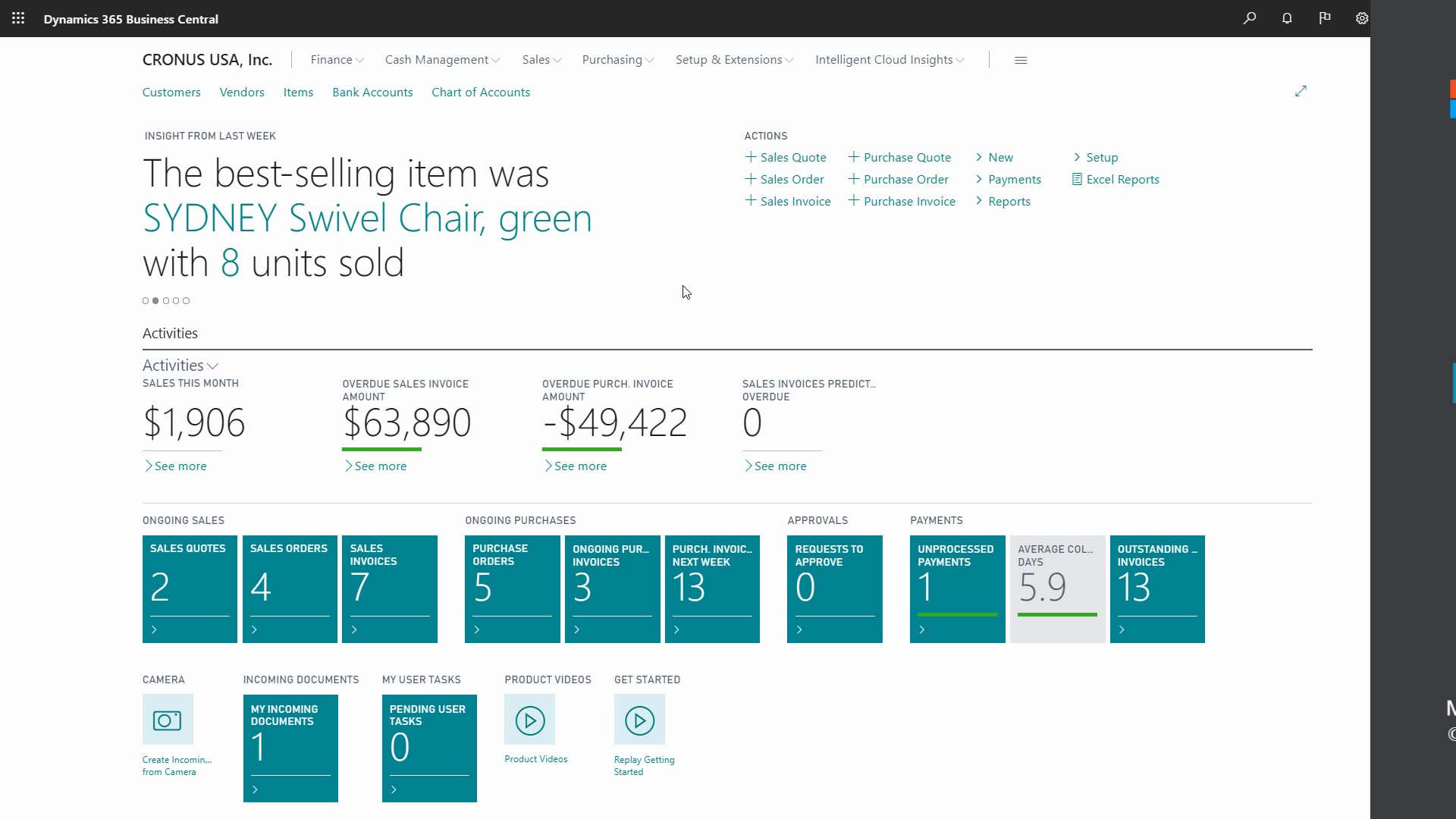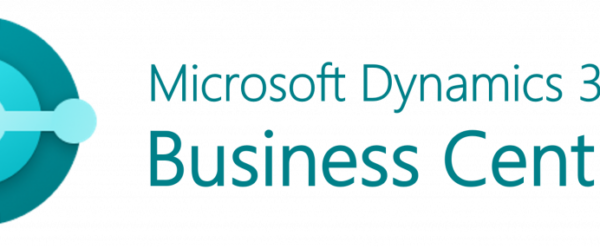It can be challenging for leaders of small and mid-sized organizations to oversee every area of business operations. Are projects being completed on time? Could customer service be improved? Is the supply chain running smoothly? Microsoft addresses these concerns and others in one cloud-based business management solution: Dynamics 365 Business Central.
Business Central supports businesses by connecting operations. Daily business processes can become automatic functions, resulting in improved efficiency and less money spent. Automation enables your sales, finance, service, and operations teams to work together and deliver faster results. The ERP solution is also highly adaptable, as you can add functionality as you see fit. Most processes have a standard configuration included, but they can easily be changed to suit your needs.
Here are 17 areas that Business Central supports along with general features of each (Microsoft):
Finance
Make and collect payments, manage your cash flow, defer income and revenue, prepare year-end closing, and manage fixed assets.
Source: Microsoft
Business Intelligence
Get insight into the performance of your business activities through budgets, account schedules, and analysis views.
Sales
Manage sales processes and information, such as quotes, orders, returns, and vendor accounts, and make drop shipments.
Purchasing
Manage purchasing processes and information, such as invoices, orders, returns, and vendor accounts, and purchase items from sales documents.
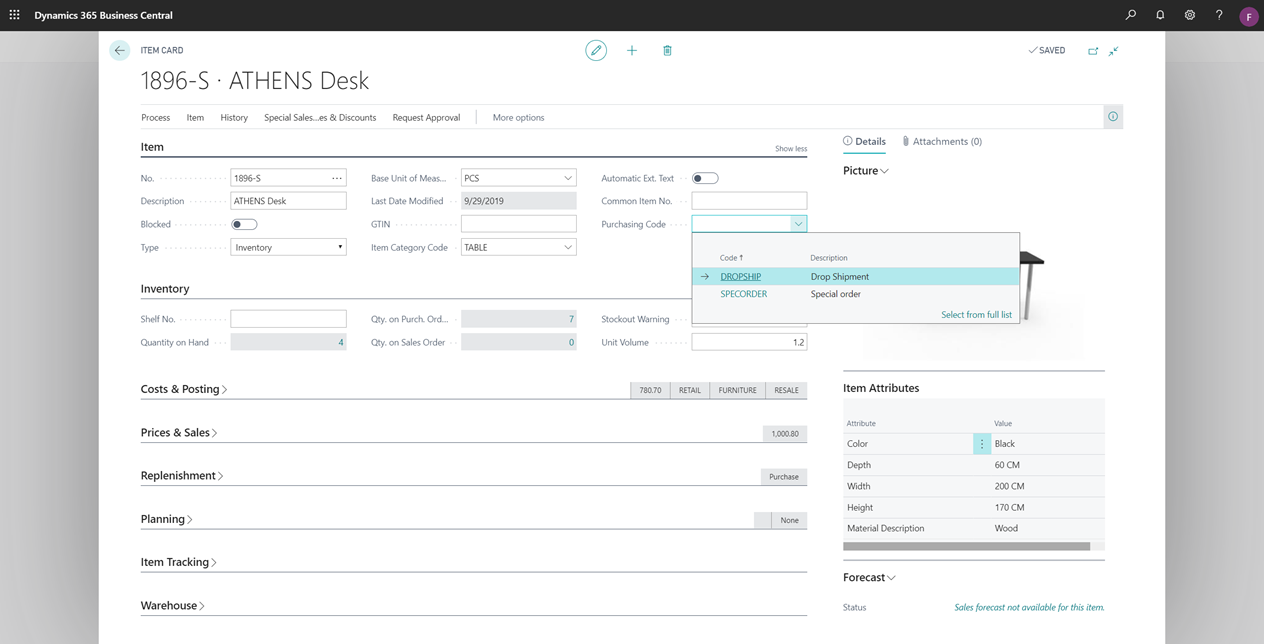
Source: Microsoft
Inventory
Register new inventory or service-type items, categorize items for easy searching, adjust inventory levels, and perform common inventory costing tasks.
Project Management
Create jobs and schedule resources for projects, manage job budgets, monitor progress, and track machine and employee hours.
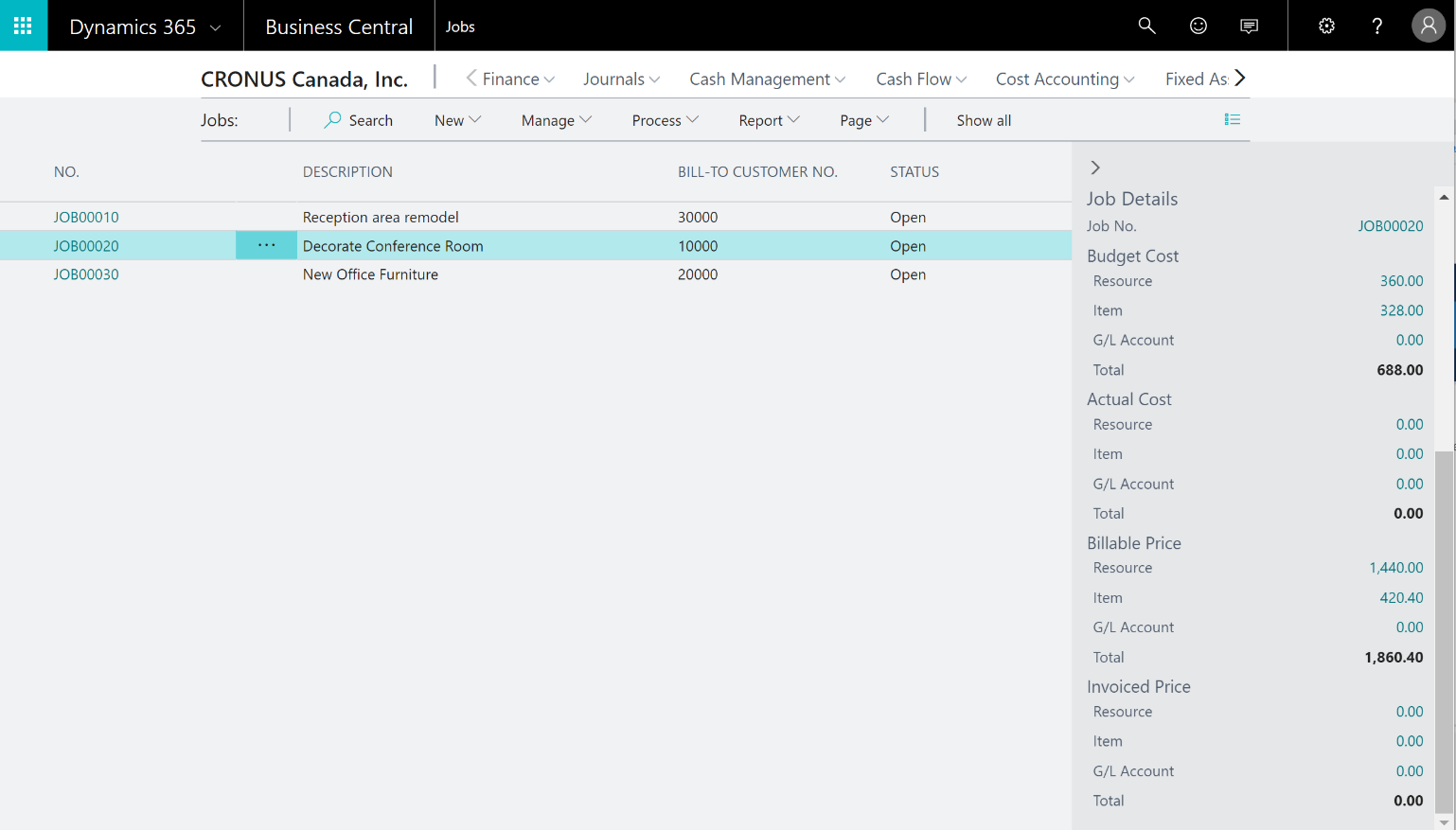
Source: Microsoft
Fixed Assets
Organize your fixed assets, ensure correct periodic depreciation, and keep track of maintenance costs.
Relationship Management
Manage and support your sales efforts and focus your interactions on preferred customers and contacts.
Human Resources
Keep detailed records of your employees, and register absence for analysis purposes.

Source: Microsoft
Planning
Plan the production operations that are required to transform inputs into finished goods.
Assembly Management
Put sellable items together in simple steps to make a new item, such as a kit.
Manufacturing
Define shop floor resources and their capacity, schedule operations, pull production components, and execute production operations.
Warehouse Management
Ensure an effective flow of goods that are received and shipped.
Service Management
Schedule service calls and set up service orders, and track repair parts and supplies.
Workflow
Set up and use workflows that connect tasks performed by different users or by the system, such as automatic posting. Requesting and granting approval to create or post documents are typical workflow steps.
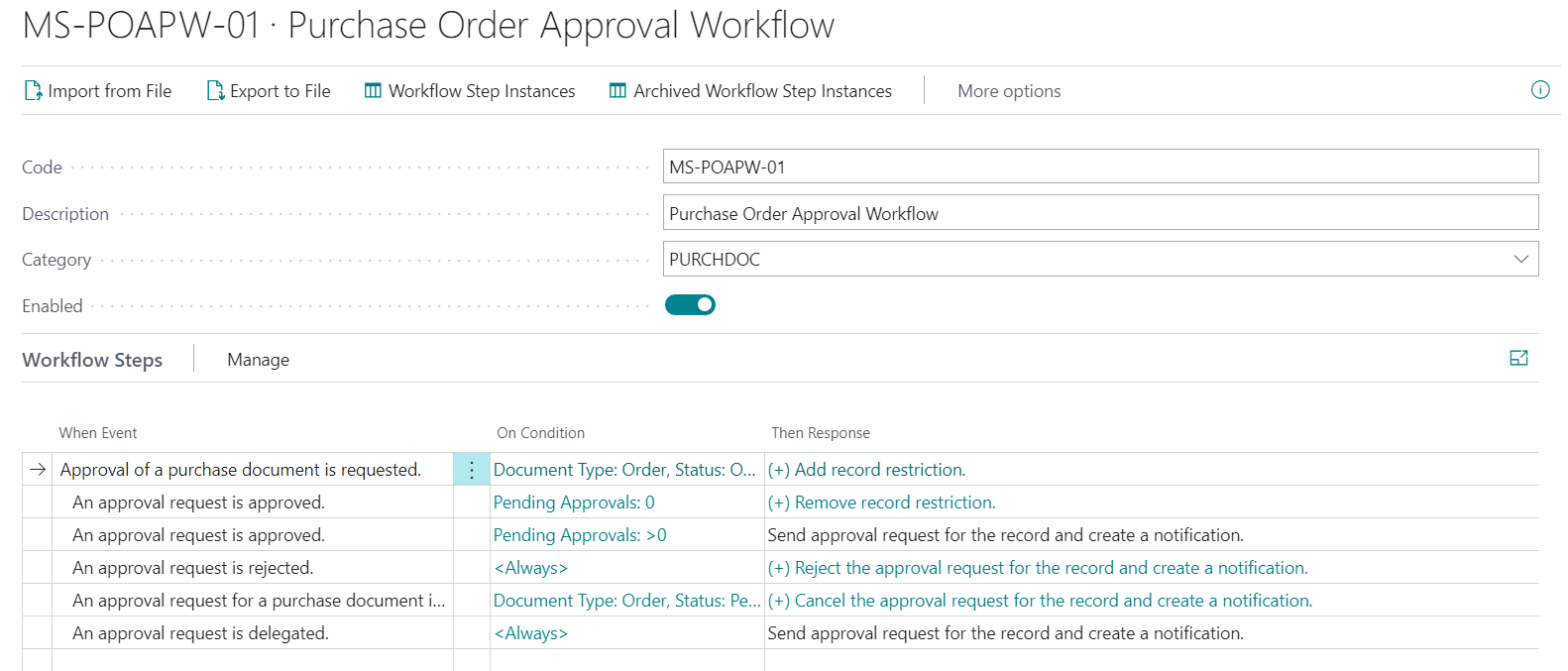
Source: Microsoft
Exchanging Data Electronically
Enable users to exchange data with external sources during daily tasks, such as sending/receiving electronic documents, importing/exporting bank files, and updating currency exchange rates.
Incoming Documents
Record external documents in Business Central, including their file attachments, and then manually create the related documents or automatically convert the files to electronic documents.
With Opal Business Solutions, a Microsoft Gold Partner, the choice for deploying Business Central is yours. Whether it’s in the cloud, on-premise, or hybrid, we will ensure that your operations remain seamless. We also have a rapid deployment offering available. If you’re ready to manage your business with Microsoft Dynamics 365 Business Central, click below.


